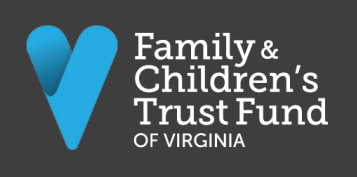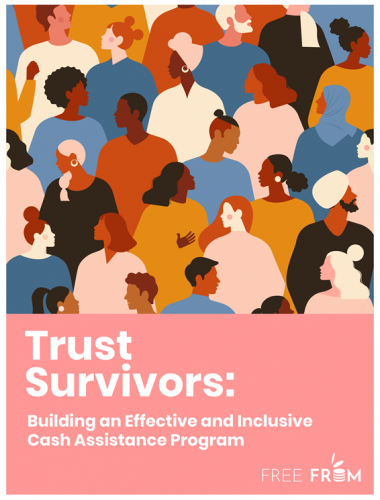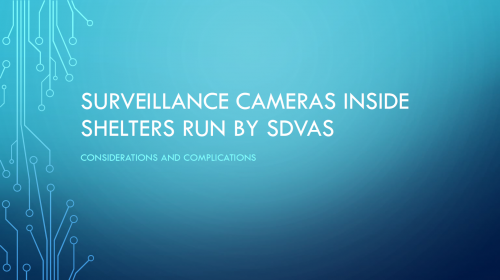Resources Library: Publications/Reports
Start a Search:
Trauma Informed Principles through a Culturally Specific Lens
The content of this resource is primarily intended for culturally specific, community-based organizations and seeks to provide practitioners with accessible language to describe the trauma informed/culturally specific overlap of their work. This is an effort to uplift their collective knowledge and commitment to actively resist re-traumatization, foster inclusivity, and promote social justice. The document first begins by exploring relevant definitions in the context of trauma informed work and gender based violence. Through specific examples and tips to organizations, we also highlight core principles that apply to working in a trauma informed and culturally specific manner. We conclude by providing a practice scenario and questions to help organizations think through their capacity, philosophy, and commitment to trauma informed and culturally specific approaches.
Trauma-Informed Approaches to Elder Abuse: Applying trauma-informed care to in-home services

This issue brief overviews elder abuse, neglect and exploitation and examines how to apply a trauma-informed framework that is sensitive to older adults’ unique social, physical and cultural needs. For the purpose of this brief, “older adults” refers to adults 60 years or older and “inhome services” refers to any program that sends volunteers or professionals to the homes of older adults. An electronic version of this brief and accompanying resources are available at: www.fact.virginia.gov/trauma.
Trust Survivors: Building an Effective and Inclusive Cash Assistance Program

FreeFrom, a national organization, based in Los Angeles, with a mission to dismantle the nexus between intimate partner violence and financial insecurity, has created their groundbreaking report that compiles data and stories from 1,000 surviors about how to make cash assistance work for them.
The Biden-Harris Administration has pledged $5 billion to be used as direct cash assistance for survivors. At FreeFrom, they are thrilled about this promise as it is known from experience that survivors’ #1 need is cash to spend as they see fit.
To help the Biden-Harris Administration design a survivor-centered program, FreeFrom asked an incredibly diverse sample of survivors what they need and overwhelmingly, they expressed that they need a program steeped in flexibility and trust.
Some key takeaways from the data:
- 71% of survivors were not seeking support from a domestic violence or sexual assault organization when they applied for a Safety Fund grant;
- 53% of survivors report that they do not have any “proof” that they are a survivor (e.g., police report or restraining / protective order);
- 68% of survivors can’t or don’t feel safe getting a police report;
- 69% of survivors can’t or don’t feel safe getting a restraining / protective order;
- 84% of survivors would not be able to access cash assistance if they had to meet certain added eligibility requirements beyond their experience of harm.
Download the report by clicking on the file below.
Use of Surveillance Cameras Inside Shelters Run by SDVAs

Across the U.S., there has been an increase in the use of video camera surveillance. Individuals are using these in their homes or just outside of the home to deter crime or monitor their homes while away. As with any technology, there are empowering uses and risks.
Recently, the National Network to End Domestic Violence (NNEDV), a partner and technical assistance provider for the Action Alliance, notified us that they have been receiving requests for information about the use of surveillance cameras inside shelter spaces. We have created some rough guidance for you based on
Virginia-specific laws (where applicable) and the experiences of Action Alliance staff to help you determine if this is the right path for your agency to take.
To view the recorded webinar, follow this link. For additional resources, see below.
VA, DOD study a major breakthrough for understanding PTSD
Researchers from the Department of Veterans Affairs (VA) and Department of Defense (DOD) recently released findings of a new study called Prospective Post-Traumatic Stress disorder Symptom Trajectories in Active Duty and Separated Military Personnel, which examines Post Traumatic Stress Disorder (PTSD) symptoms in Veterans, compared with active-duty populations.
This is the first known study comparing PTSD symptom trajectories of current service members with those of Veterans, and is the product of a collaborative effort from VA and DOD researchers analyzing data from the Millennium Cohort Study (MCS), the largest prospective health study of military service members.
To learn more about the study itself, click here.

